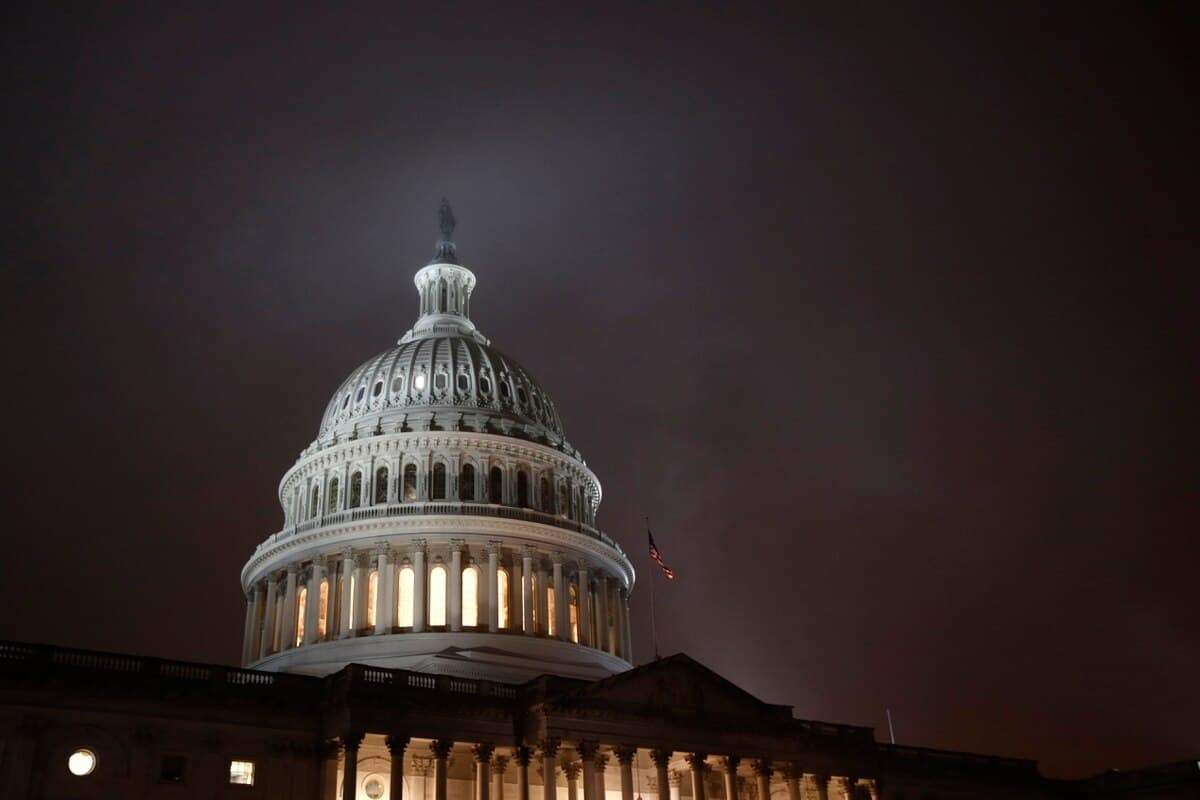Senators introduce bill to create more cyber grand challenges

A trio of senators introduced legislation May 13 that would create several cyber grand challenges aimed at improving the overall cybersecurity of the United States.
The bill, called the "‘Cybersecurity Competitions to Yield Better Efforts to Research the Latest Exceptionally Advanced Problems Act of 2020, or CYBER LEAP Act, would direct the Secretary of Commerce to establish at least five public competitions that would allow participants to submit solutions for some of the most pressing cybersecurity challenges.
Grand challenges offer the public cash or non-cash prizes to solve some of the federal government’s most pressing issues. The bill was introduced by Sens. Roger Wicker, R-Miss., Jacky Rosen, D-Nev., and Cory Gardner, R-Colo.
One challenge under the bill would tackle the “economics” of cyberattacks. Under that challenge, respondents would submit innovative ways to raise the cost of an adversary’s cyberattack. A major problem for cyber defenders is that the cost of carrying out a cyberattack is very low.
Another challenge seeks solutions to reduce cyberattacks on federal networks and improve agencies’ responses to incidents. A third challenge set would ask for ways to improve the digital literacy of Americans, as well as the need to develop a cyber workforce with “measurable skills.”
“These prize-based contests are designed to increase collaboration between the public and private sectors and academia in order to develop cutting-edge ideas in cybersecurity,” Wicker said in a statement. "This legislation would be instrumental in encouraging American ingenuity, and I am eager to see it advance.”
The final two challenges call for “reimagining digital identity” to increase online security for Americans and an effort to advance cybersecurity efforts in the face of threats posed by quantum computing, 5G and artificial intelligence.
“We put our nation at risk if we don’t invest in our cybersecurity workforce and infrastructure,” Rosen said in a statement. “As our world becomes more digitized, I’m proud to help introduce this bill to assist our nation in developing a cybersecurity workforce with the skills needed to protect and maintain information systems and improve critical federal agencies’ security and safety."
The idea for cybersecurity grand challenges came from the National Security Telecommunications Advisory Committee’s report on a “Cybersecurity Moonshot” that came out in November 2018, which outlined potential actions to improve the nation’s cybersecurity.
In other agencies, such challenges have eventually led to new contracts. On May 11, the Defense Innovation Unit awarded a $45 million to a Silicon Valley-based tech startup, ForAllSecure, to perform cybersecurity testing on Defense Department weapon systems’ applications. In 2016, the company’s Mayhem platform won DARPA’s Cyber Grand Challenge, an automated defensive cybersecurity competition. That victory came with a $2 million prize.
Photo: A new bill would establish several cybersecurity grand challenges. (Patrick Semansky/AP)




